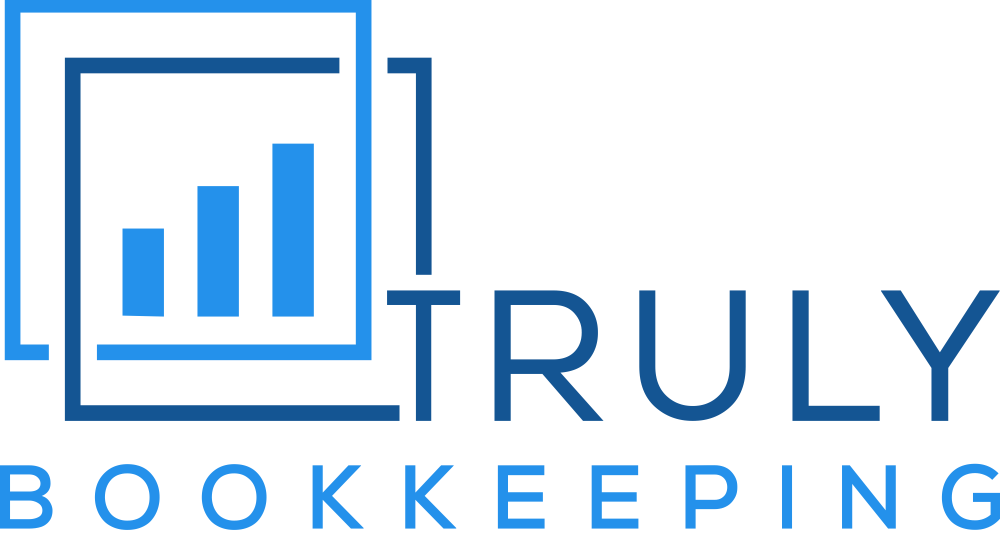3 Personal Finance Numbers Entrepreneurs Should be Watching

3 Personal Finance Numbers Entrepreneurs Should be Watching
There is a ton of content out there guiding entrepreneurs on how to run their businesses. From tracking profits to building more efficient teams, if you have a question there is probably a blog article about it.
What you don’t see a lot of is resources guiding entrepreneurs on how to manage their personal finances apart from their business.
Being an entrepreneur takes a lot out of a person. It is risky, exciting, scary, and thrilling. It is not uncommon to feel all these emotions in one day.
When you look at your personal finances as an entrepreneur, you probably are not in the same mindset when you look at your business plan. With personal finances, it is important to aim for consistency and security. With entrepreneurship, a little bit of risk is always encouraged.
So how should entrepreneurs with all the risk in their day-to-day lives approach personal finances? We recommend keeping an eye on these 3 numbers as you grow your business.
1. Emergency Fund Total
You likely have heard the importance of starting an emergency fund. Typically it is recommended you have a reserve of 3 – 4 months worth of living expenses. This gives you enough time to decrease your expenses, look for a new job, or generate a bit of cash until you can obtain your usual income.
In the case of entrepreneurs, we recommend an emergency savings of 6 – 8 months. This is because it is more common for entrepreneurs to experience a decrease in finances, even if it is only for the short term.
You can calculate your 6 – 8 month emergency fund by making a list of all your personal expenses and multiplying them by 6 – 8.
If you find you only have 3 – 4 months of savings, this is a number you should keep an eye on until you obtain 6 – 8 months of savings. Once you obtain that total, regularly check in with your expenses.
Over time our expenses can fluctuate. Maybe you bought a new car, had a baby, moved, or subscribed to a few more streaming services. Continue to check in with your monthly expenses to stay consistent.
2. Business Debt
From startup costs to delayed payroll, entrepreneurs are oftentimes the ones that take the financial hit when trouble finds their business. This can have horrible consequences for our personal finances and interrupt the consistency we are trying to achieve.
This is especially true when it comes to business debt. This may vary depending on the structure of your business but having high amounts of business debt can ultimately affect the personal finances of the entrepreneur.
Maybe you have an LLC and feel your personal assets are protected despite the high amounts of debt in your business. While true, for every dollar you earn part of it will have to go towards this debt. Not your pocket.
Debt in business can be justified. So how do you know when it is too much or your personal finances could be at risk?
The number you should be focusing on here is your debt ratio. Your debt ratio is your total debt to total assets. You can calculate this by going to your balance sheet and doing the following:
Total Debt / Total Assets = Debt Ratio
If your debt ratio is higher than 1, then you have more debt than assets. This is when your personal finances may be at risk.
As you prepare your monthly bookkeeping, we recommend keeping an eye on this ratio as well.
3. Personal Tax Deductions
Does someone prepare your taxes? Entrepreneur returns can be a bit more complicated than what some DIY tax preparation software can offer. So oftentimes we outsource this work to a professional tax preparer.
What is often forgotten is tax planning and the importance of outsourcing this work. Tax planning looks into your day-to-day activities, then provides you with information on the tax consequences of those activities. It is why some businesses owe little in taxes. They invest in tax planning.
Tax planning is not just for business owners. Your personal finances can benefit from tax planning as well. When you work for yourself, it is important to understand what deductions you should keep track of on the personal side versus on the business side.
Consider this example. If you travel out of state for business you will incur some expenses. Maybe a plane ticket, rental car, and hotel stay. Your business reimburses you for the plane ticket and the hotel stay. What expenses should you keep on hand for personal deductions?
If you answered the rental car and gas you would be correct.
Your plane ticket and hotel stay should show up on your financial statements and will be deducted from your business return as business expenses.
This is just one example of how normal operations can affect business and personal returns.
Entrepreneurs have a lot to manage in their business, but managing their personal finances is just as important as keeping track of their business operations. If you are ready to begin working with a bookkeeper who can guide you through both, let’s chat! For more helpful tips, check out The Truly Profit Plan for Business Owners.
Click here to Get Started!
hello@trulybookkeeping.com
